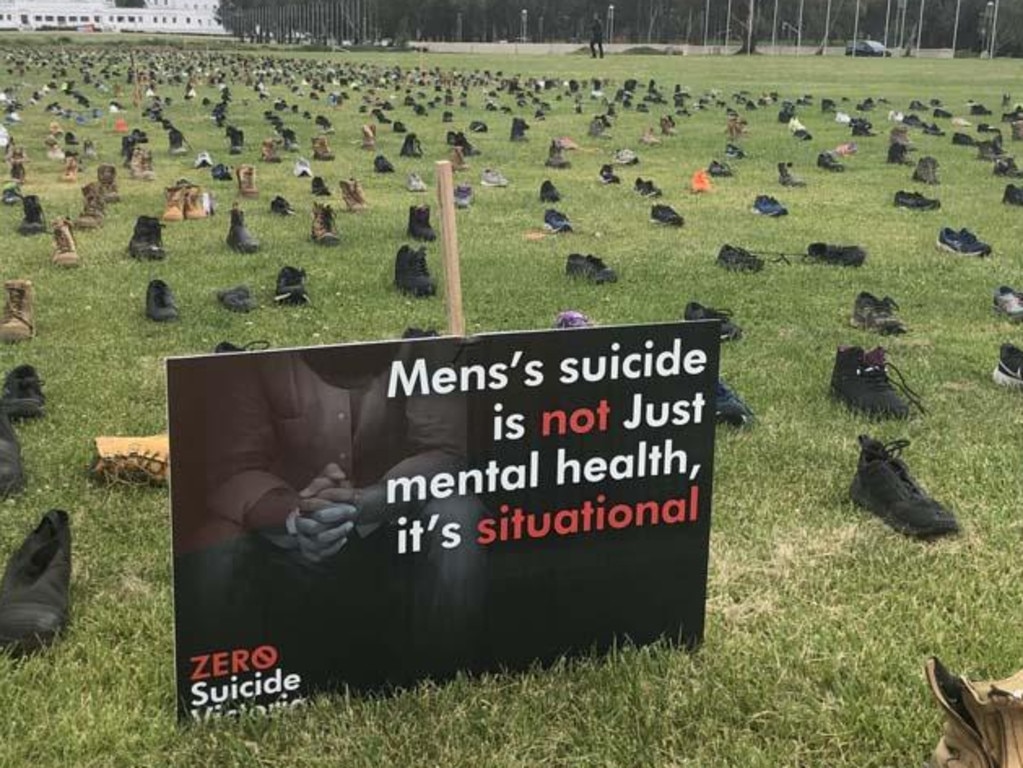Should you dump your husband? Clementine Ford thinks so
As Clementine Ford attempts to prosecute the case against marriage by celebrating her own separation, the degree of disgust she expresses for men is more than disturbing; it should be illegal.
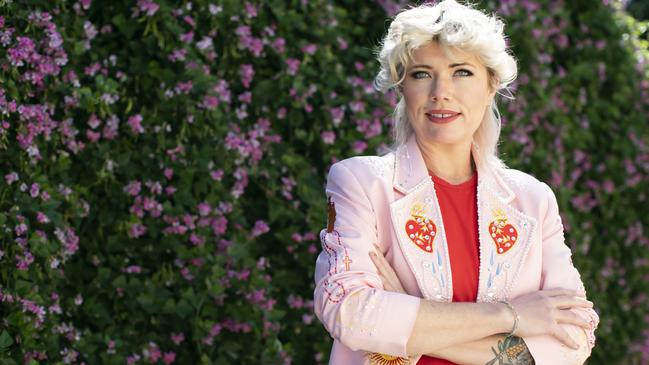
In the light of the recent massacre by terrorist group Hamas of 364 twenty-somethings celebrating peace at a rave in the desert, Clementine Ford took aim at “Zionist” women, saying: “I don’t care that you felt betrayed or let down, and I especially don’t care that you want to have a big crybaby rant … You’re pathetic, you disgust me, and I pity you for being so basic and gross … Honestly, you actually can’t get any whiter than that.”
Actually, I’m not sure you could get any whiter than Ford – a queer, bleached blonde agony aunt whose father ran for One Nation in Queensland, but: tomayto, tomahto.
Ford also displays a deep, sustained, and ugly rage against men, which she justifies as an appropriate reaction to misogyny (although one assumes there isn’t anyone from Hamas in her orbit; if so, I could perhaps understand her rage.) While there is no question that some of the points she makes in I Don’t: The Case Against Marriage are accurate, the degree of disgust she expresses for men is more than disturbing; it should be illegal.
Ostensibly about the “corrupt and oppressive institution” of marriage, the book is, in fact, little more than a celebration of her own separation. Ford, who likes to pose with baseball caps printed with the happy legend “Leave Your Husband” says she has never “felt like more of a family” since separating from her son’s father.
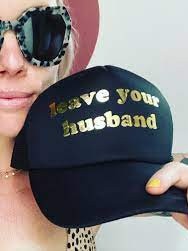
Like all extremists, she is not only immature but almost entirely self-involved.
“I am a marriage abolitionist because I cannot in good conscience support an institution that has enslaved women sexually, reproductively, financially and domestically,” Ford writes, adding: “Marriage is a system whose foundations are built on the erasure of women, and the exploitation of everything that we are.”
Throughout the text, such projections and generalisations are presented as fact. “An enormous amount of research has been undertaken to ensure the arguments I make … are supported by historical fact and feminist scholarship,” she said.
An example of this rigorous, fair-minded scholarship? “How dare any modern man compare the long-overdue and still-not-far-enough uprising of women against the rapists, abusers and misogynists who have terrorised us for millennia as a witch-hunt. F —k them all to hell.”
Unsurprisingly, Ford fails to mention the women who abuse and torture children. The only reason women are, on the whole, less overtly violent than men is because the only ones vulnerable to their physical aggression are children, whom – curiously – they do regularly attack.
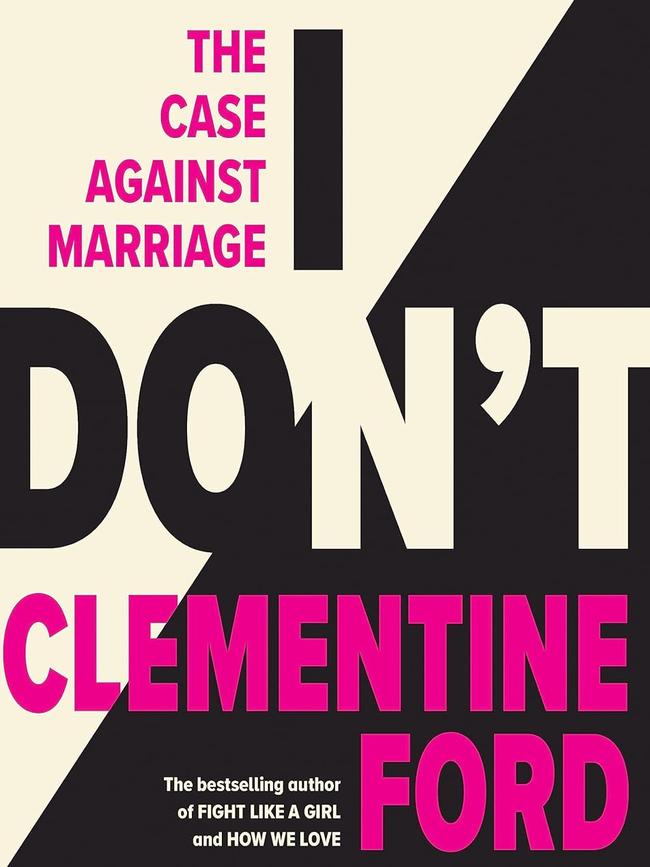
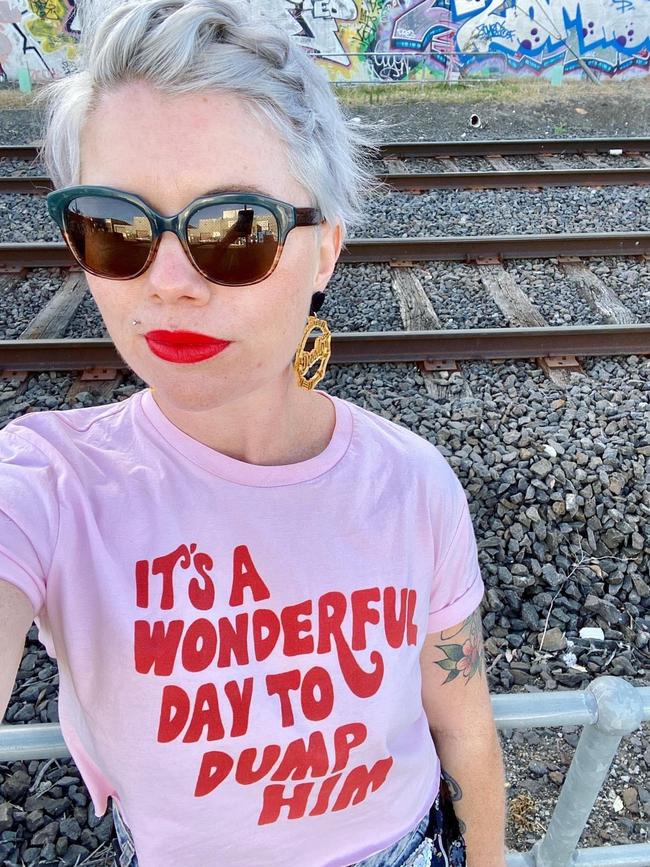
As the Australian Institute of Criminology reports, filicides are most commonly committed by custodial mothers.
While Ford happily shares grotesque male violence visuals, she consistently fails to present the big picture. Men, as a sex, are in serious trouble globally.
In Australia, men account for 75.6 per cent of suicides (my 32-year-old brother and a number of male friends among them). In Australia, 92 per cent of prisoners are male. Multiple studies show that illicit drug use is “significantly” more prevalent among men than women, both here and overseas.
Given this – and to share Ford’s enthusiastic use of expletives – what the f —k is she on about? Wherefore, then, the Toxic Patriarchal Utopia against which she rails? Is her entire philosophy – if it could be called that – a sustained episode of red-faced foot-stamping against Daddy?
Women, in Ford’s universe, are responsible only for their triumphs. If a woman succeeds, it is on the basis of her courage, determination and vision (“I have fought the odds to get here, empowered by the knowledge that every single woman who has come before me has fought her own battle in order to survive”); if a woman fails in any way or experiences a negative feeling, it is almost always because of a man (“Women hate men because they force us to”).
Ford doesn’t want equality. In 2017, she signed a fan’s book with the words, “Have you killed any men today? And if not, why not?” And, as she tweeted in 2020, “Honestly, the coronavirus isn’t killing men fast enough.”
Imagine, if you will, if the same comments were made of women.
Imagine, if you will, how her son may feel on reading her words as a man.
Ford’s primary interest is not understanding, or philosophical evolution, but an extremely profitable divisiveness.
Like an American television evangelist, she whips her audience – for the most part, hurt, lonely, overburdened, or vulnerable women – into a frenzy of fear and loathing for men (unless they’re trans, gay, or have facial piercings and pink hair). Is it any surprise that so many men now want to be women? Who would be a man in such a world?
In the chapter dealing with her visceral aversion to a woman’s adoption of her husband’s name, Ford writes, “Apart from anything else, we should be robust enough to consider why it is we make the choices we do, and how we come to the conclusion that they’re the things we want. How many women who insist they chose to change their name can really say they would have made that choice if they hadn’t already been socialised into a system?”
Women, Ford emphasises, have a “name already”, a name with which they were born, a name inextricably entwined with their identity. Their birth names are meaningful, important.
Oddly, the same principle does not extend to genitals.
Ford passionately supports the trans community, one in which the genitals with which they’re born are lopped off in the name of an identity determined by the very socialisation she claims to question. Similarly, her mandate of sufficient “robustness” to consider why choices are made apparently relates only to issues that don’t affect her book sales demographic. As she stated on social media in 2022, “I will instantly block anyone who spouts their transphobic, trans exclusionary bullshit”.
The hypocrisy’s delicious. Fancy a slice?
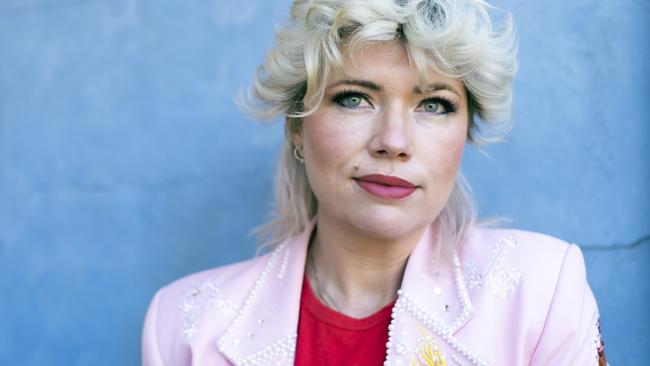
Ford’s Thomas Kinkade pipedream of women desiring to be “left to grow old in peace, tending to their gardens and their cats, sharing their hearths and homes with friends they knew would leave at the day’s end” is not only whiter than white, but, in effect, a suburban-retirement-home ad campaign. As most of the women on the planet would be asking, What hearth? What garden? What cat?
It also ignores crucial findings, such as the Mayo Clinic research showing that unmarried women in rural areas (“gardens”) suffer poorer mental and physical health, never mind the countless reports linking unmarried women with higher mortality rates. In 2019, for example, a British Office for National Statistics report revealed a staggering disparity: single females have the highest mortality rate (4360.7 deaths per 100,000), whereas those who are married or in a civil partnership have the lowest (2429.1 deaths per 100,000).
But why mar fun propaganda with facts?
While I’d like to say that I accepted my muscular, heavily tattooed, martial artist, record producer boyfriend’s proposal as a reaction to Ford’s “angry toddler” views on marriage, I really didn’t. I accepted in part because he understands that Hamas is a terrorist organisation. And he does all the cooking and the dishes. He’s tender. He’s funny. He is magnificent with my gloriously headstrong academic whirlwind of a daughter.
The main reason, however, is that he opens all my jars.
Antonella Gambotto-Burke’s latest book is Apple: Sex, Drugs, Motherhood and the Recovery of the Feminine. Follow her on instagram.com/gambottoburke


